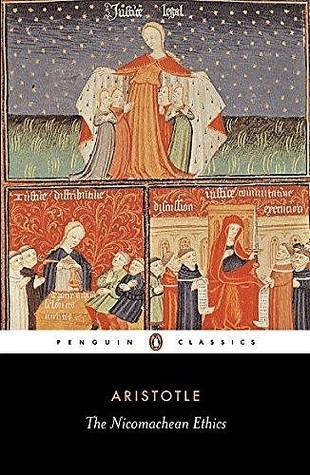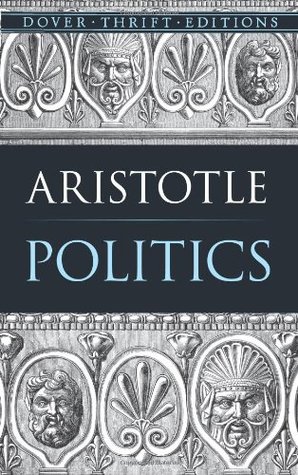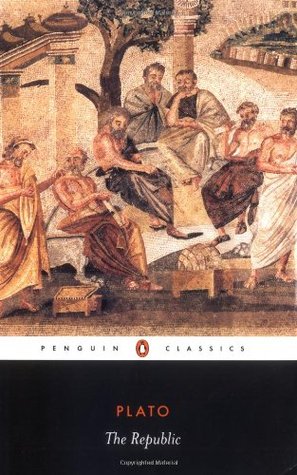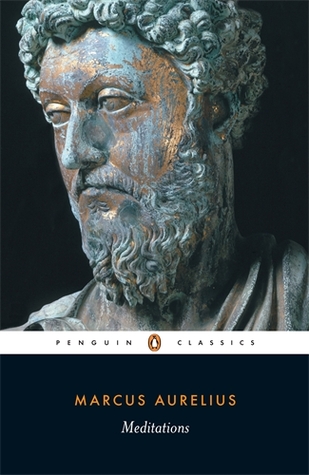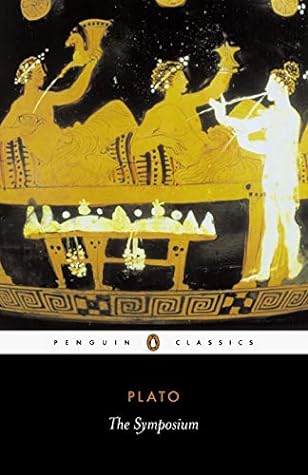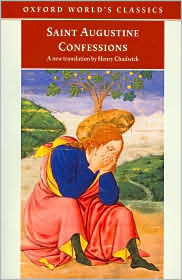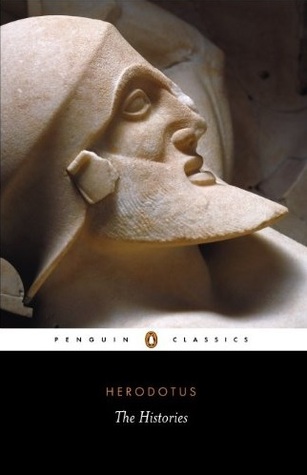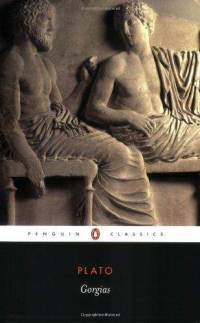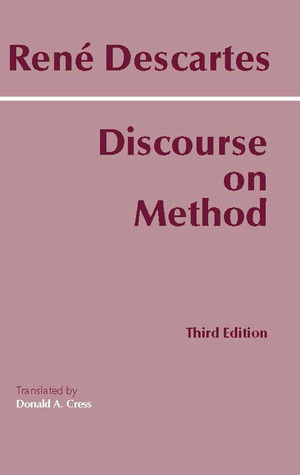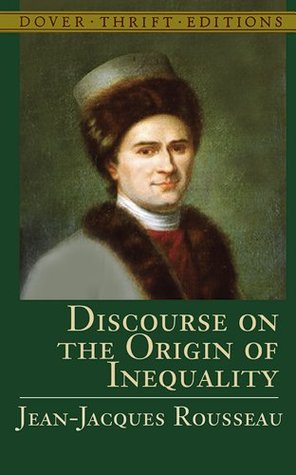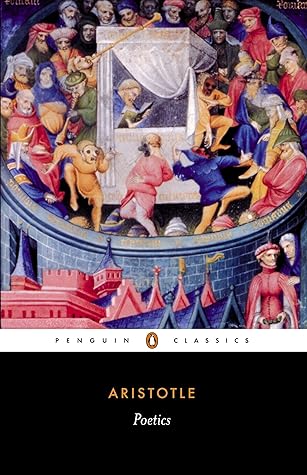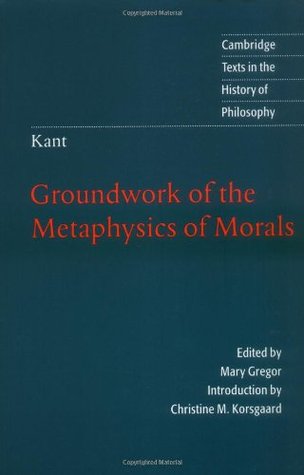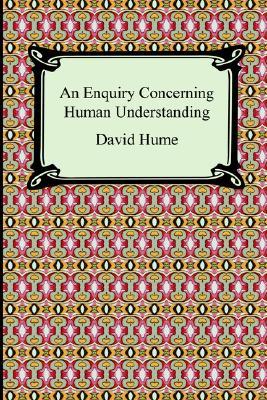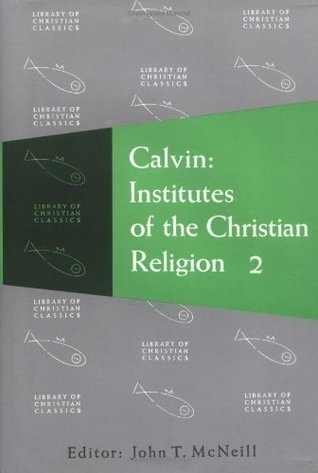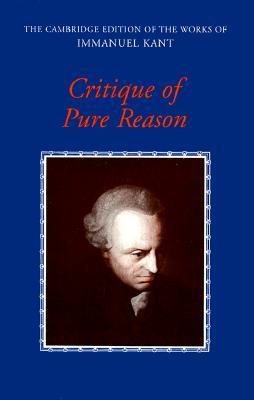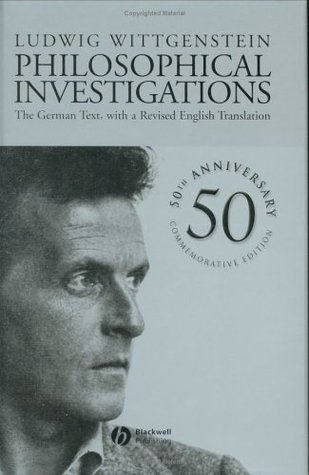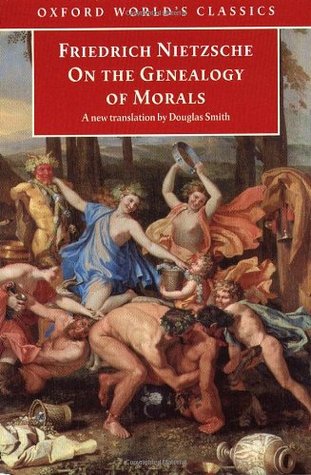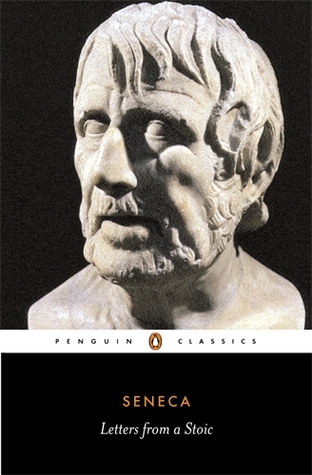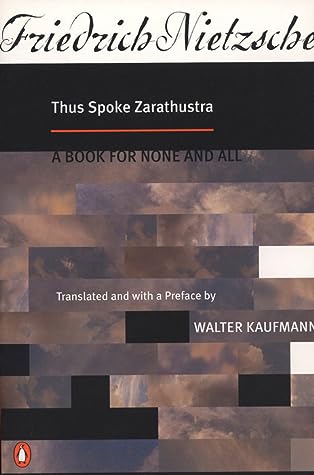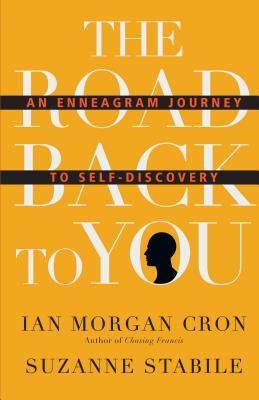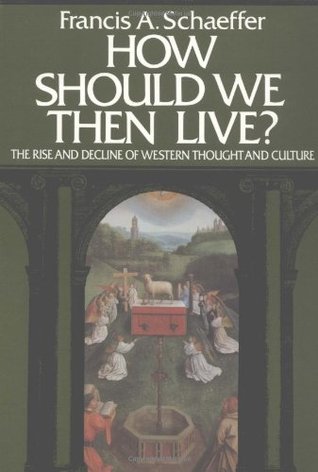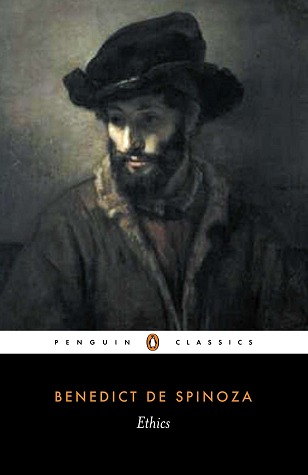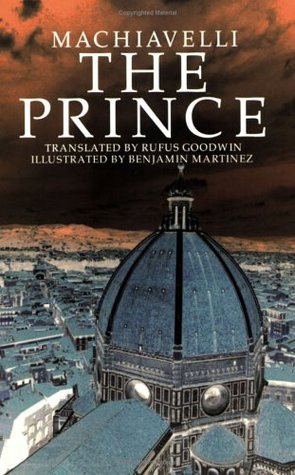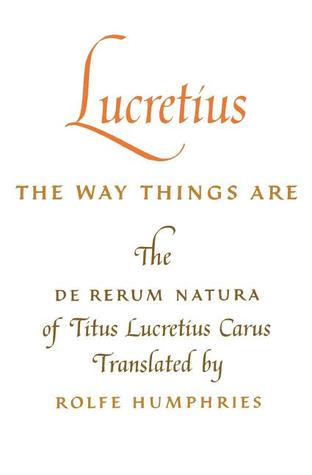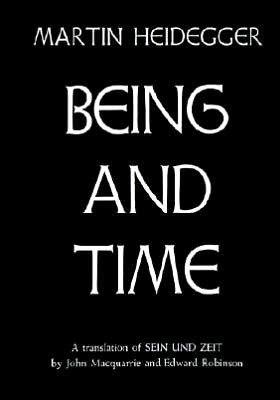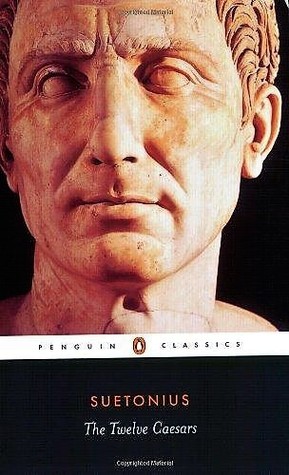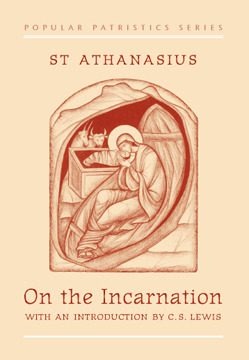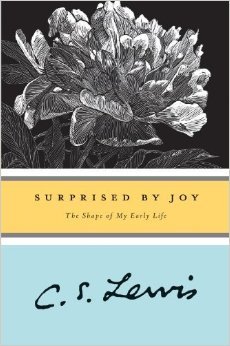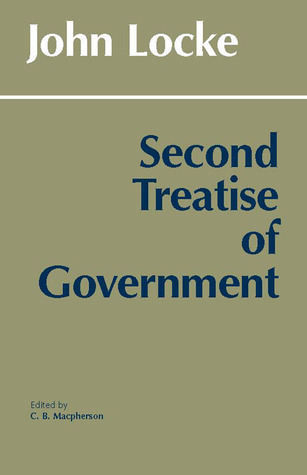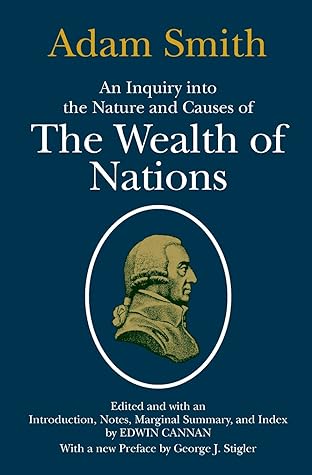Powered by a book like {foo}
Recommendations based on De Animaby Aristotle
* statistically, based on millions of data-points provided by fellow humans
The Nicomachean Ethics
by Aristotle
An exploration of virtue and morality, providing guidance on how to live a good life.
‘One swallow does not make a summer; neither does one day. Similarly neither can one day, or a brief space of time, make a man blessed and happy’ In the Nicomachean Ethics , Aristotle sets out to ... (Goodreads)
Politics
by Aristotle
Analysis of the structure and nature of governments and the pursuit of justice.
What is the relationship of the individual to the state? What is the ideal state, and how can it bring about the most desirable life for its citizens? What sort of education should it provide? What ... (Goodreads)
The Republic
by Plato
A philosophical discourse on justice, examining morality, politics, and virtue.
Presented in the form of a dialogue between Socrates and three different interlocutors, this classic text is an enquiry into the notion of a perfect community and the ideal individual within it. ... (Goodreads)
Meditations
by Marcus Aurelius
Reflections on Stoic philosophy, exploring the nature of existence and how to live life.
Written in Greek by the only Roman emperor who was also a philosopher, without any intention of publication, the Meditations of Marcus Aurelius offer a remarkable series of challenging spiritual ... (Goodreads)
The Symposium
by Plato
A philosophical dialogue among ancient Greeks about the nature of love.
A fascinating discussion on sex, gender, and human instincts, as relevant today as ever. In the course of a lively drinking party, a group of Athenian intellectuals exchange views on eros, or desire. ... (Goodreads)
Confessions
by Augustine of Hippo
A spiritual autobiography tracing Augustine's journey from youthful excess to Christian faith.
Augustine's Confessions is one of the most influential and most innovative works of Latin literature. Written in the author's early forties in the last years of the fourth century A.D. and during his ... (Goodreads)
The Histories
by Herodotus
Exploration into the rise and fall of empires in the ancient world.
One of the masterpieces of classical literature, the "Histories" describes how a small and quarrelsome band of Greek city states united to repel the might of the Persian empire. But while this epic ... (Goodreads)
Gorgias
by Plato
Philosophical dialogue on the nature of justice and power of rhetoric.
Taking the form of a dialogue between Socrates, Gorgias, Polus and Callicles, GORGIAS debates perennial questions about the nature of government and those who aspire to public office. Are high moral ... (Goodreads)
Discourse on Method
by René Descartes
Philosophical exploration of the power of human reason and the nature of reality.
By far the most widely used translation in North American college classrooms, Donald A. Cress's translation from the French of the Adam and Tannery critical edition is prized for its accuracy, ... (Goodreads)
Discourse on the Origin of Inequality
by Jean-Jacques Rousseau
An exploration of the origins of inequality between humans, and its effects on society.
If humans are benevolent by nature, how do societies become corrupt? And how do governments founded upon the defense of individual rights degenerate into tyranny? These are the questions addressed by ... (Goodreads)
Poetics
by Aristotle
A philosophical treatise on the nature of tragedy and its effects on audiences.
‘The plot is the source and the soul of tragedy’ In his near-contemporary account of Greek tragedy, Aristotle examines the dramatic elements of plot, character, language and spectacle that combine to ... (Goodreads)
Groundwork of the Metaphysics of Morals
by Immanuel Kant
Examination of the foundations of moral philosophy, focusing on the nature of moral obligation.
Immanuel Kant's Groundwork of the Metaphysics of Morals ranks alongside Plato's Republic and Aristotle's Nicomachean Ethics as one of the most profound and influential works in moral philosophy ever ... (Goodreads)
An Enquiry Concerning Human Understanding
by David Hume
Analysis of the nature of human understanding, challenging existing philosophical and religious beliefs.
An Enquiry Concerning Human Understanding, is a book by the Scottish empiricist philosopher David Hume , published in English in 1748. , It was a revision of an earlier effort, Hume's A Treatise of ... (Wikipedia)
Institutes of the Christian Religion, 2 Vols
by John Calvin
An exploration of Reformed Christian theology and its implications for faith and practice.
Institutes of the Christian Religion This limited edition of John Calvin's Reformation classic, "Institutes of the Christian Religion," commemorates the 500th anniversary of Calvin's birth in ... (Goodreads)
Critique of Pure Reason
by Immanuel Kant
Exploration of the limits of human reason and its limitations in understanding nature.
'The purpose of this critique of pure speculative reason consists in the attempt to change the old procedure of metaphysics and to bring about a complete revolution', Kant's Critique of Pure Reason ... (Goodreads)
Philosophical Investigations
by Ludwig Wittgenstein
Wittgenstein's exploration of language and meaning, challenging traditional philosophical concepts and proposing new ways of understanding language games.
Philosophical Investigations, ( German : Philosophische Untersuchungen ) is a work by the philosopher Ludwig Wittgenstein . The book was published posthumously in 1953. Wittgenstein discusses ... (Wikipedia)
On the Genealogy of Morals
by Friedrich Nietzsche
Exploration of morality, power, and the origin of human values.
On the Genealogy of Morals (1887) is a book about the history of ethics and about interpretation. Nietzsche rewrites the former as a history of cruelty, exposing the central values of the ... (Goodreads)
Letters from a Stoic
by Seneca
A collection of Stoic philosophies and advice on living a meaningful life.
The power and wealth which Seneca the Younger (c.4 B.C. - A.D. 65) acquired as Nero's minister were in conflict with his Stoic beliefs. Nevertheless he was the outstanding figure of his age. The ... (Goodreads)
Thus Spoke Zarathustra
by Friedrich Nietzsche
A philosophical treatise exploring morality, religion, and the meaning of life.
The Road Back to You: An Enneagram Journey to Self-Discovery
by Ian Morgan Cron
Exploring personality types and learning to better understand yourself and others.
Over 500,000 Sold,, Foreword INDIES 2016 Book of the Year Awards Finalist,Missio Alliance Essential Reading List of 2016, Ignorance is bliss—except in self-awareness. What you don't know about ... (Barnes & Noble)
How Should We Then Live? The Rise and Decline of Western Thought and Culture
by Francis A. Schaeffer
Examination of the cultural and philosophical developments throughout history, and implications for modern life.
Drawing upon forty years of study in theology, philosophy, history, sociology and the arts, Dr. Schaeffer contemplates the reasons for modern society's sorry state of affairs and argues for total ... (Goodreads)
Ethics
by Baruch Spinoza
Exploration of morality and the laws of nature, framed in a rationalist argument.
Published shortly after his death, the Ethics is undoubtedly Spinoza's greatest work - an elegant, fully cohesive cosmology derived from first principles, providing a coherent picture of reality, and ... (Goodreads)
The Prince
by Niccolò Machiavelli
A timeless political treatise on the art of acquiring and maintaining power.
Machiavelli needs to be looked at as he really was. Hence: Can Machiavelli, who makes the following observations, be Machiavellian as we understand the disparaging term? 1. So it is that to know the ... (Goodreads)
The Way Things Are
by Lucretius
A poetic exploration of the nature of reality, life, and the universe.
..". [captures] the relentless urgency of Lucretius' didacticism, his passionate conviction and proselytizing fervour.' –The Classical Review ... (Goodreads)
Being and Time
by Martin Heidegger
Exploration of the basic questions of existence, re-examining the fundamentals of philosophy.
One of the most important philosophical works of our time, a work that has had tremendous influence on philosophy, literature, and psychology, and has literally changed the intellectual map of the ... (Goodreads)
The Twelve Caesars
by Suetonius
Detailed biographies of the twelve Roman Emperors, from Julius Caesar to Domitian.
As private secretary to the Emperor Hadrian, Suetonius gained access to the imperial archives and used them (along with eye-witness accounts) to produce one of the most colorful biographical works in ... (Goodreads)
On the Incarnation
by Athanasius of Alexandria
Theological treatise on the divine nature of Jesus Christ and his role in human salvation.
A universally acknowledged masterpiece of fourth-century patristic theology. As C. S. Lewis observes in his introduction: "When I first opened De Incarnatione I soon discovered by a very simple test ... (Goodreads)
Surprised by Joy: The Shape of My Early Life
by C.S. Lewis
Autobiography of an Oxford professor's spiritual journey from atheism to faith.
Surprised by Joy: The Shape of My Early Life is a partial autobiography describing Lewis' conversion to Christianity. The book overall contains less detail concerning specific events than typical ... (Goodreads)
Second Treatise of Government
by John Locke
A philosophical inquiry into the nature of government and the rights of citizens.
The central principles of what today is broadly known as political liberalism were made current in large part by Locke's Second Treatise of Government (1690). The principles of individual liberty, ... (Goodreads)
An Inquiry into the Nature and Causes of the Wealth of Nations
by Adam Smith
An exploration of the economic principles underlying the development of nations.
Adam Smith's masterpiece, first published in 1776, is the foundation of modern economic thought and remains the single most important account of the rise of, and the principles behind, modern ... (Goodreads)
